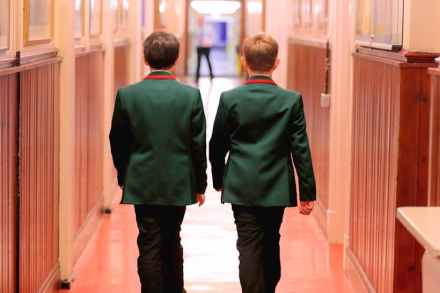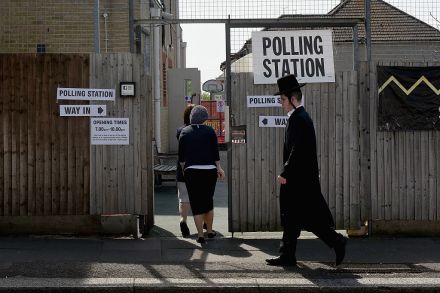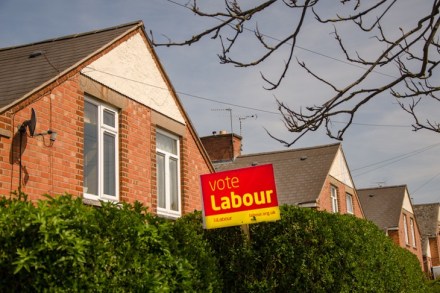Girl’s gone to Magaluf and it’s hard not to worry
At the Leavers’ Ball held to mark our daughter’s last day at boarding school, there were only two topics of conversation among the anxious parents. How early could we decently slope off without being rebuked by our girls? And the dreaded Leavers’ trip to Magaluf. Magaluf — Shagaluf as the kids all call it — is the post-A-levels destination of choice for what seems like every school leaver in the country. If you’ve seen The Inbetweeners Movie you’ll know what it’s like: charmless, garish avenues of overpriced bars and clubs with pushy greeters, expensive party cruises, grotesque drunkenness, epic hangovers, sunburn, STDs and gallons of vomit. Quite how much Shagaluf




















